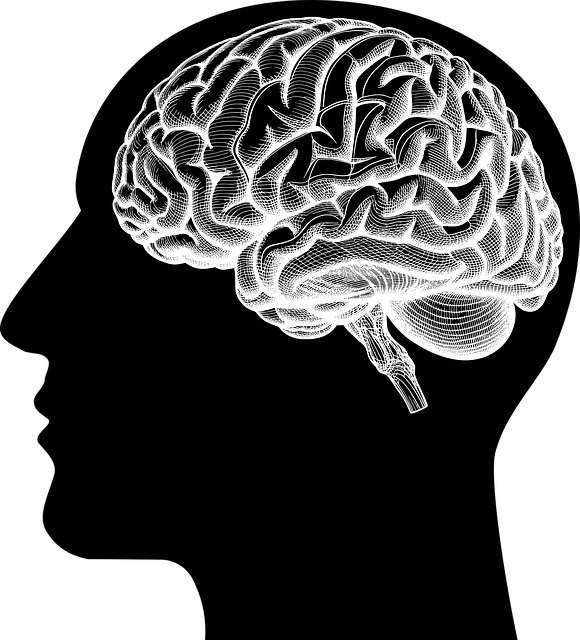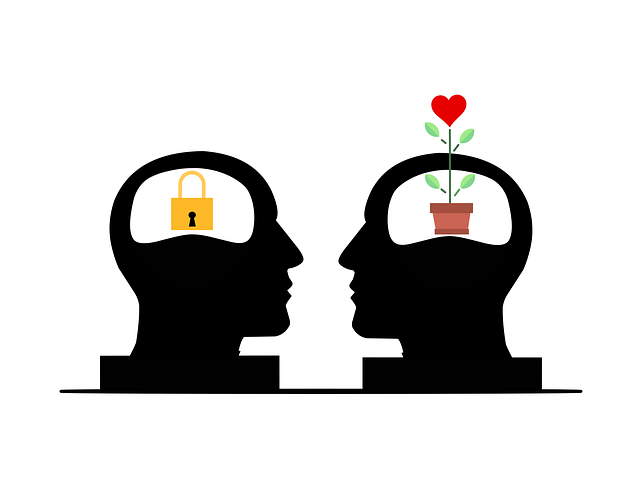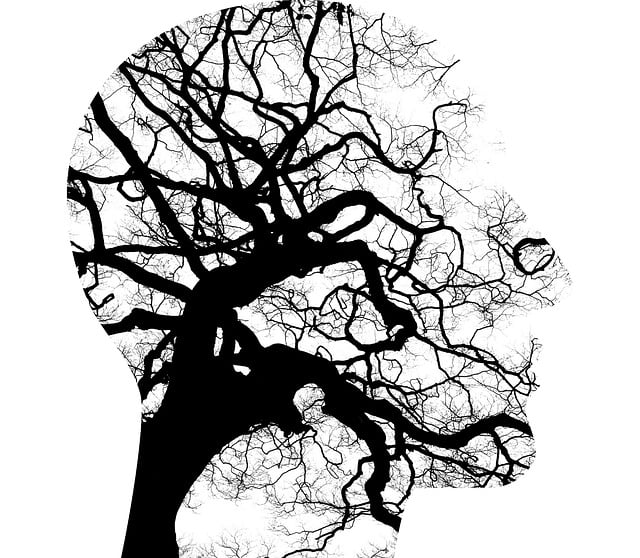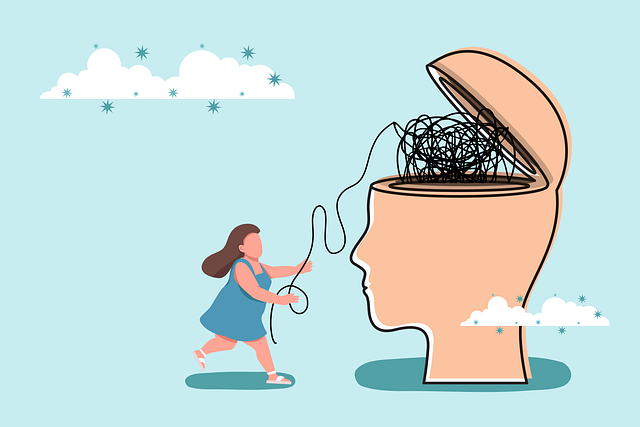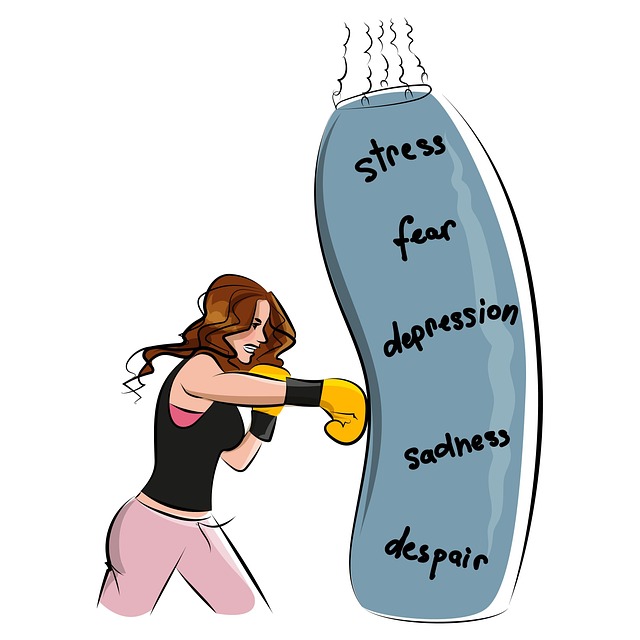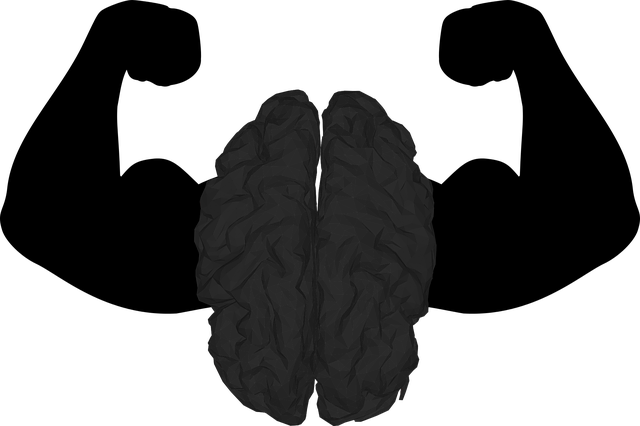Understanding elderly mental wellness is paramount in group facilitation, addressing isolation, chronic illnesses, and life transitions. Group settings foster connection and a sense of belonging through facilitated discussions, mindfulness activities, and personal story sharing. Tailored therapy, like trauma support, addresses specific concerns. Effective facilitation encourages open conversations in a respectful manner, creating a safe space for elders to manage stress, boost confidence, and navigate their mental health journeys with resilience. Incorporating mindfulness practices, such as meditation, reduces anxiety and enhances overall well-being, while cultural competency training ensures inclusive environments that foster self-esteem and connection.
Mental wellness group facilitation offers a powerful approach to support elderly individuals, addressing unique challenges they may face. This article explores effective techniques for facilitators working with seniors, focusing on creating safe and trusting environments. We delve into mindfulness practices proven to promote calm and connection, essential for managing stress and anxiety. Additionally, we highlight communication strategies, including active listening, that foster open dialogue and enhance the therapeutic experience, particularly in elderly mental health therapy and mindfulness.
- Understanding Elderly Mental Wellness and Group Facilitation
- Creating a Safe Space: Establishing Trust in the Group Setting
- Mindfulness Practices for Promoting Calm and Connection
- Effective Communication and Active Listening Techniques for Facilitators
Understanding Elderly Mental Wellness and Group Facilitation

Understanding Elderly Mental Wellness is a nuanced and critical aspect of group facilitation. As we age, mental health challenges can emerge or intensify, influenced by various factors such as social isolation, chronic illnesses, and life transitions. Group settings offer a unique opportunity for older adults to connect with peers who may share similar experiences, fostering a sense of belonging and support. Through facilitated discussions, activities that promote mindfulness, and the sharing of personal stories, these groups can effectively enhance mental wellness.
Elderly participants often benefit from therapeutic approaches tailored to address specific concerns like trauma support services, as many may carry historical or recent traumas. Group facilitation techniques should encourage open yet respectful conversations, ensuring every member feels heard. By incorporating confidence-boosting activities and teaching effective stress management strategies, facilitators can create a safe space where elders can navigate their mental health journeys with resilience and renewed purpose.
Creating a Safe Space: Establishing Trust in the Group Setting

Creating a safe space is paramount when facilitating mental wellness groups, especially for seniors exploring therapy. This involves establishing an environment where every participant feels secure to express their thoughts and emotions openly. Techniques such as active listening, non-judgmental responses, and promoting empathy among members can foster trust. By encouraging participants to share their experiences without fear of criticism or rejection, facilitators create a supportive atmosphere that enhances mental wellness.
Mindfulness meditation exercises can play a crucial role in this process. These practices help individuals focus on the present moment, reducing anxiety related to past traumas or future worries. Incorporating mindfulness into group sessions not only improves social skills training but also enables elders to cultivate inner peace and resilience. Ultimately, a safe, supportive space is essential for facilitating meaningful connections and encouraging mental wellness among senior group members.
Mindfulness Practices for Promoting Calm and Connection

In facilitating mental wellness groups for elders, incorporating mindfulness practices can be a powerful tool to promote calm and connection among participants. Therapy for Elders often benefits from techniques that help individuals cultivate present-moment awareness and foster a sense of inner peace. Mindfulness meditation, for instance, encourages participants to focus on their breath and sensory experiences, allowing them to let go of anxious thoughts and worries. This simple yet effective practice can significantly reduce symptoms of anxiety relief and enhance overall well-being.
Additionally, self-awareness exercises tailored for elders can be integrated into group sessions. These exercises help individuals recognize and accept their feelings without judgment, promoting a deeper understanding of themselves and their peers. By engaging in such activities, elders can develop coping skills to manage stress and overcome challenges, thereby creating a supportive and inclusive environment where they feel heard, understood, and connected.
Effective Communication and Active Listening Techniques for Facilitators

Effective communication is a cornerstone for facilitating supportive and therapeutic environments, especially when working with elders in mental wellness groups. Facilitators should employ active listening techniques to demonstrate empathy, understanding, and genuine interest in each participant’s experiences and perspectives. This involves giving uninterrupted attention, paraphrasing to ensure clarity, and validating emotions expressed during group discussions. Such practices foster a safe space, encouraging open conversations about challenges related to aging, such as loneliness or cognitive changes, which can be enhanced by mindfulness techniques tailored for this demographic.
Incorporating cultural competency training for healthcare providers is vital to ensure facilitators understand the diverse backgrounds of their participants. This includes recognizing and respecting individual beliefs, values, and traditions that may influence how one perceives and expresses mental wellness. By tailoring communication approaches to accommodate these differences, facilitators can boost self-esteem and confidence among group members, creating an inclusive environment conducive to therapy for elders.
Group facilitation techniques play a pivotal role in enhancing mental wellness among the elderly, offering a supportive environment that fosters connection, calmness, and trust. By employing mindfulness practices, effective communication strategies, and active listening, facilitators can create a safe space for elders to navigate their mental health journeys. These approaches not only improve overall well-being but also provide a sense of community, making therapy for elderly individuals more accessible and beneficial.
